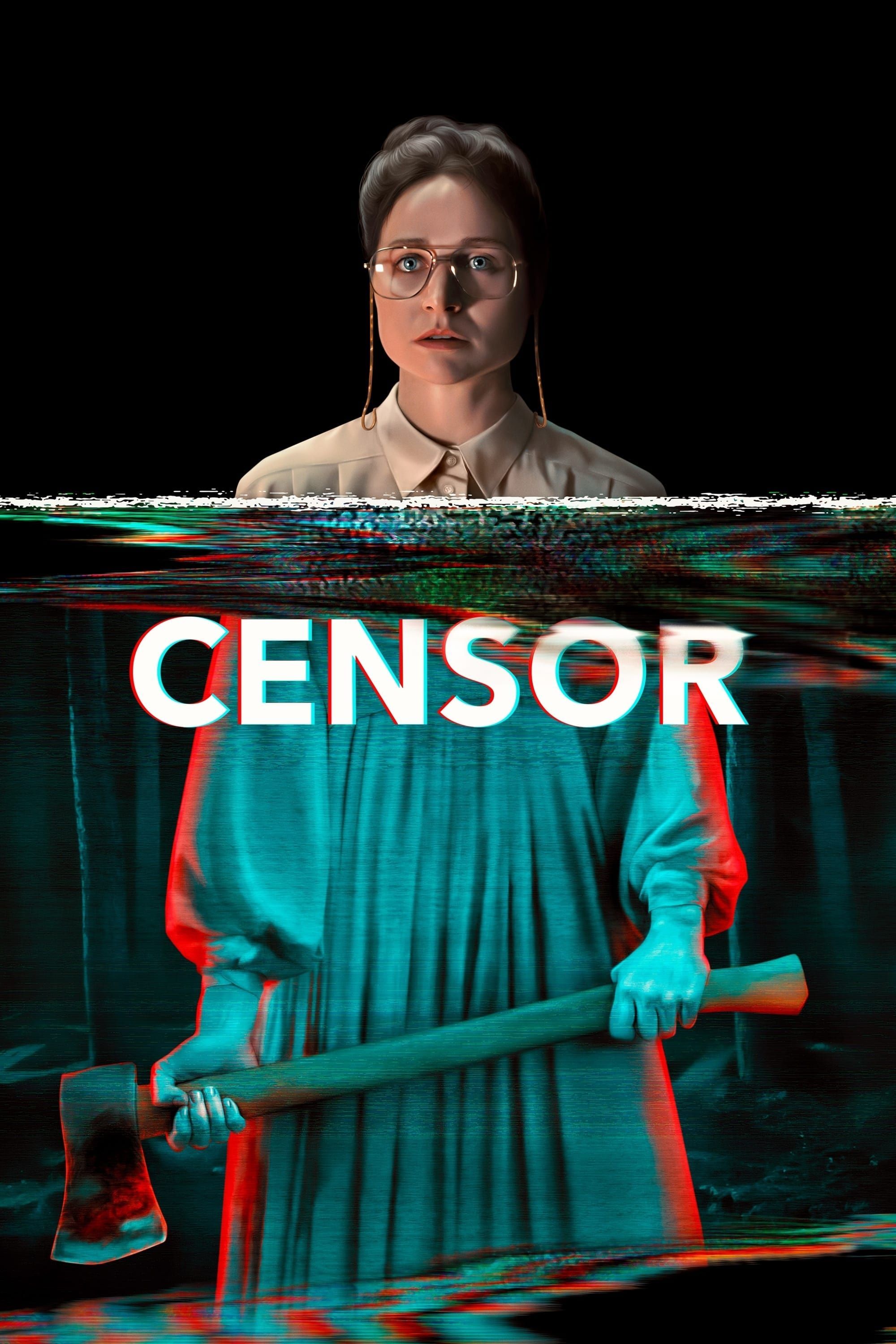The Big Picture
- Moral panic in 1980s Britain led to horror movies being censored and branded "video nasties"
- The horror movie Censor delves into the devastating impacts of blaming others for violence, using one woman's guilt to explore psychological horror.
- Niamh Algar's Enid in Censor represents the dangerous effects of societal constructs like video nasties, showcasing the lethal power of guilt.
Before horror was a genre known for innovatively presenting complex concepts through fear, many saw it as the source of everything wrong with society. This led to the "video nasty" phenomenon in 1980s United Kingdom. This period saw Britain's politicians, the press, and the general public believe that all acts of violence in real life were caused by people watching the gory B-movies that had infiltrated cinema. Similar to the many moral panics that have filled the U.S., this socially accepted scapegoating is portrayed perfectly in 2021's Censor, directed by Prano Bailey-Bond, which you can stream on Hulu. This story focuses on a troubled woman who believes that her job censoring graphic horror flicks is the only thing protecting society from devolving into massive bloodshed. Censor uses her tenuous grasp on reality to represent not only this social phenomenon but also how deeply guilt can destroy a person. It uses one individual's shame to stress the petrifying impacts of social constructs like Video nasties and, through its terrifying psychological horror, shows the effects this toxic game of blaming others had on those forced to maintain it.

Censor
A British horror film set in the 1980s, following a film censor who starts to lose her grasp on reality after watching a video nasty that echoes her sister's mysterious disappearance.
- Director
- Prano Bailey-Bond
- Cast
- Niamh Algar , Nicholas Burns , Vincent Franklin , Sophia La Porta , Adrian Schiller , Michael Smiley , Clare Holman
- Runtime
- 84 Minutes
- Main Genre
- Horror
- Writers
- Prano Bailey-Bond , Anthony Fletcher
What Are Video Nasties?
While it focuses on one individual's experience with terror, Censor emphasizes just how disastrous — and ridiculous — the video nasty craze was. This phenomenon took place in 1980s Britain, a time when the video rental market was booming and new audiences were being exposed to an already long history of explicit horror films. It was easy for politicians and "moral leaders" of the time to damn these pieces of cinema as toxic and soon, a negative sentiment around these movies grew, with people blaming them for an increase in violence and crime and legislative action being taken to end the circulation of any film considered too "nasty" for viewing. Labeling a film as a video nasty was the job of high-ranking individuals rather than the masses, with some movies on this list being beloved classics like The Evil Dead and Possession. Despite video stores being policed to ensure these tapes wouldn't spread, soon there was a thriving underground of horror pictures being passed around. Thankfully, these films still found fans in those who refused to adhere to what society deemed "appropriate."

This Gory Eco-Horror Movie Is Finally Getting the Respect It Deserves
This creepy Jena Malone film did so much more than 2000s audiences gave it credit for.Even beyond ending circulation, censoring was a prominent method of sanitizing cinema, with horror movies going through the process of having their most explicit scenes edited out. This is the role of Censor's lead, Enid (Niamh Algar), a woman who wholeheartedly believes that her job of removing graphic scenes from horror movies is all that stands in the way of 1985 Britain falling into bloody mayhem. This commitment to her work is driven by guilt over losing her sister in the woods when they were young. It's this remorse that makes her take the role seriously while always pondering why she can never remember exactly what happened on that fateful day. It's her commitment that makes it so devastating when a man gruesomely murders his wife and children with the press blaming it on a movie Enid censored. She begins to spiral, guilted by the tabloids' decision to fault this hardworking woman rather than the actual, real-world issues that would lead someone to commit such atrocities. This blame leaves her downtrodden and feeling guilty over the deaths, which is when she finds something surprising when censoring another cheap horror flick — a lead actress who looks exactly like her missing sister, all grown up and undergoing immense torture onscreen.
In 'Censor,' You Can Only Blame Yourself
A considerable aspect of Censor and the video nasty craze as a whole was blame; rather than hold individuals or society's faults accountable for terrible acts, the government and its officials chose to shift responsibility onto a horror genre whose dark themes were easier to blame than their own misdeeds. Enid becomes the latest recipient of this condemnation as the press finds it easier to fault her for the husband's murders rather than any aspect of the man himself. A person who has completely bought into this rhetoric, Enid does the only thing she can think of to cope with not only this but the ever-present sorrow over not knowing what happened to her sister — she censors herself. Just as she can't remember how her sister went missing, as Enid begins doing terrible things to find who she believes is her grown-up sibling, her mind blocks out those dark moments and shifts all culpability onto those around her rather than making her realize just how horrific her actions have become.
Censor is filled with a uniquely haunting approach to psychological horror, as viewers get an intimate view of Enid's stability being chipped at by the pressures around her. We can only watch as she falls deeper and deeper into the horrific fantasy her mind has concocted. The woman's world becomes the scary movies she's forced to consume every day with her inability to comprehend that what she's doing is wrong pushing her to enact violence in the name of the "peace and justice" she believes her job brings. There are multiple frightful scenes throughout, but they pale in comparison to the movie's finale which sees Enid's life and the social phenomenon collide as the people around her are decapitated, impaled, and kidnapped while she tries to do anything she can to redeem perceived mistakes. The shame that the video nasty phenomenon tried so hard to instill in U.K. citizens takes root in Enid, and as Censor's climax showcases, that level of guilt can be lethal.
In ‘Censor,’ All Enid Wanted Was a Happy Ending
While people's belief in the negative impact of horror often borders on moral fanaticism, it can't be ignored that there are observable effects on those who consume violent media. Whether it be movies, television, or video games, there's a reason impressionable groups (especially youths) are often restricted from viewing certain kinds of content. Yet while it's reasonable to restrict specific audiences, this sense of care and understanding wasn't present in the video nasties craze, and it was heartbreakingly absent in Enid's experience throughout Censor. Through Enid's downhill spiral, this movie gets to the core of people's misunderstanding about why we do heinous things and how horror movies were used as a scapegoat. This unjust toxicity ingrained itself within the public's minds, especially people like Enid, who were told that one mistake at work could cost you your life. It's this unrelenting stress that pushes Enid into her mission of finding who she believes to be her sister, one that is filled with terrifying, saddening bloodshed, emphasizing just how disastrous moral panics like these are on those forced to live through them.
Censor is Available to Stream on Hulu in the U.S.

